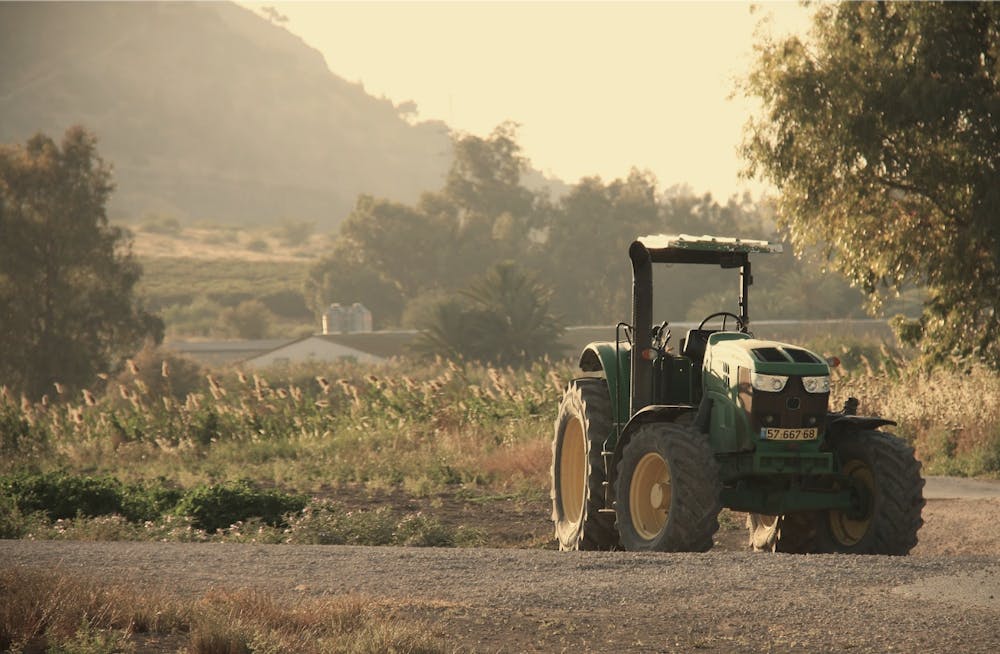The farmers had the effort, the ideas and the will - they didn’t have a bank. This common disconnect is what pushed Anushka Ratnayake to begin her trailblazing journey as a woman redefining the agricultural industry.
On Sept. 10, Grow Further, a global food security non-profit, hosted Ratnayake, CEO of myAgro. The event also featured Dr. Hyma Gollamudi, leader of The Indus Entrepreneurs (TiE) Women Initiative. The speech highlighted how these women are not only working in the agriculture industry, but also changing it for the better.
Venkatramana Pegadaraju, vice president of development of Grow Further, prefaced the speech by highlighting the underfunding of women in the agriculture industry. While women constitute nearly 43% of the workforce in developing nations, they only get 7% of the agriculture credit globally, Pegadaraju said.
Pegadaraju highlighted how “inclusive, purpose-driven innovation led by women,” is challenging the status-quo of traditional female roles in developing countries.
“There will be plenty of people who say it won’t work — even while it’s working,” Ratnayake said. “You have to believe in your idea, but even more than that, you have to listen to the people it’s for.”
Ratnayake was inspired to start myAgro after living in Kenya and working in microfinance, where her job was to help small-scale farmers repay loans. After hearing the grievances of farmers - who struggled with repayment options due to unpredictable circumstances - she realized that they needed a system that would help them save for future costs.
The issue was rooted in distance between rural farms and financial institutions. Most smallholder farmers don't have close access to banks - and if they do, they are racking up negative interest.
“It really was rooted in listening to farmers directly and designing a solution that matched what they needed,” Ratnayake said.
Women played a key role in Ratnayake's agricultural projects, often guiding which crops are prioritized. Regional farmers, she noted, stressed the value of sorghum seed, which they use to make their children's porridge more nutritious.
MyAgro added sorghum seed advertisements to their marketing. As a result, their sorghum sales went from below 5% to 30% of overall farmers.
“We started with what is important to women farmers and then went from there,” Ratnayake said.
In a similar fashion, Dr. Gollamudi discussed how women face barriers when pursuing positions of leadership. She argued that the complexities of women are also what makes them great leaders.
“Woman's altruistic attitude is construed as her incapability. Her perseverance is construed as lack of confidence. Her reluctance to seek high offices is considered as lack of ambition,” Dr. Gollamudi said.
Dr. Gollamudi advocated for systematic changes that not only include women in traditional business practices, but also capitalize on their unique strengths. She proposed a “Women Without Borders,” corps where women from local communities would unite under a common goal of education and leadership.
Peter Kelly, the founder of Grow Further, highlighted a project conducted in Northern Ghana as a model for how inclusive, women-led innovation can be implemented successfully, not just in theory, but in practice.
In the project, Grow Further aimed to develop a commercial variety of Bambara groundnut, a legume of which 90% is harvested by women. Kelly explained that a group of these women Bambara farmers were interviewed about the legumes traits, values and challenges.
Using the women's feedback, they were able to determine that early maturity was deemed most important by the female farmers. This data was used to design the commercial crop and include women as co-creators.
As the event concluded, one message was clear: by including women in traditionally male-dominated fields, we are planting seeds of success.
“My message would be simple and straightforward,” Dr. Gollamudi said. “I would say, believe in yourself. Forge forward and help will come your way.”

